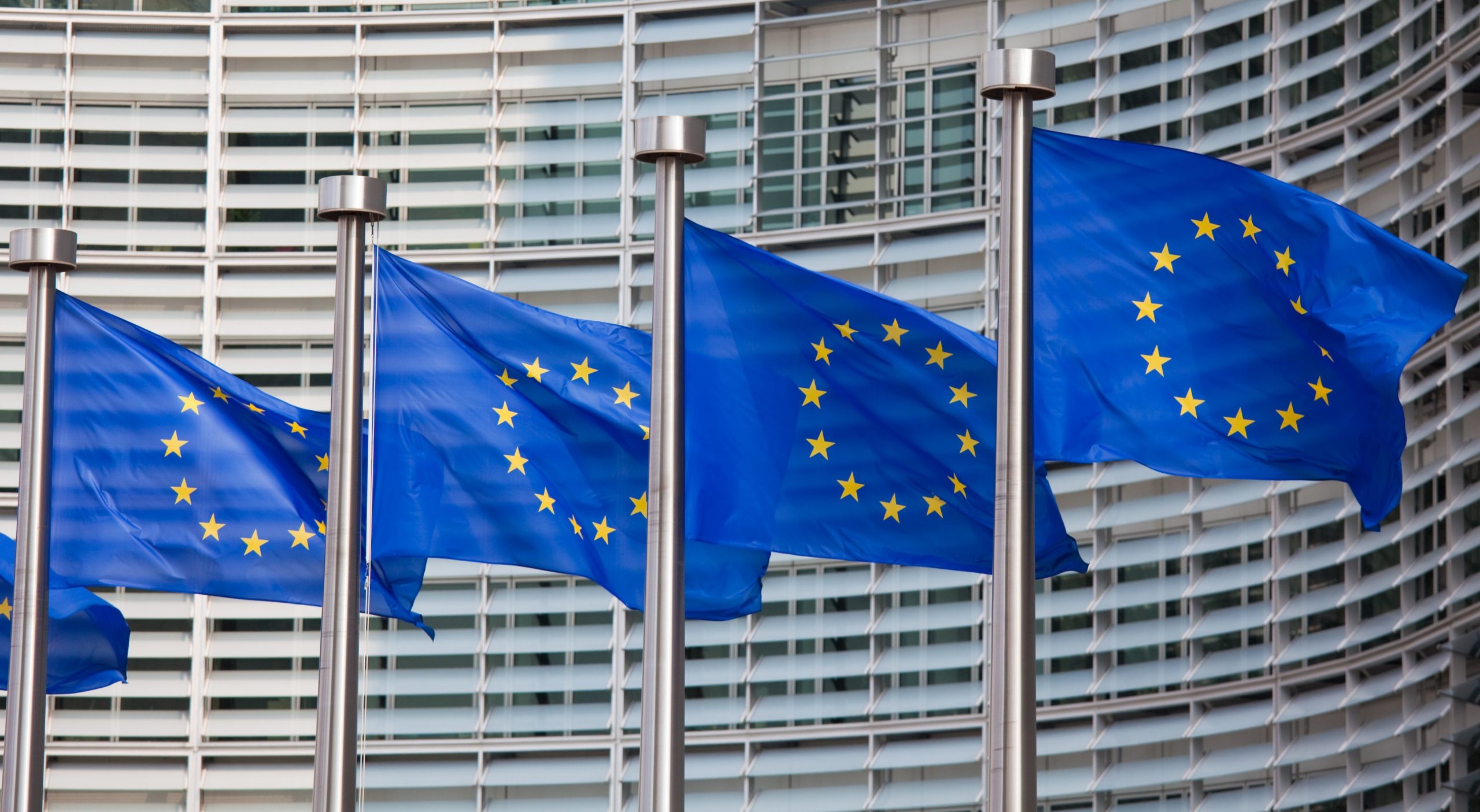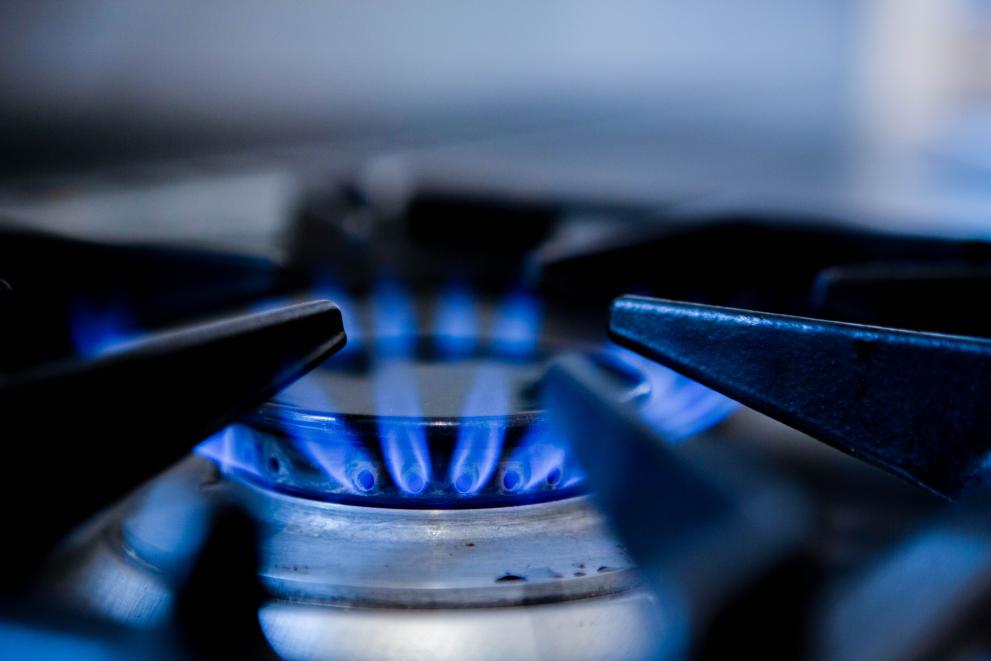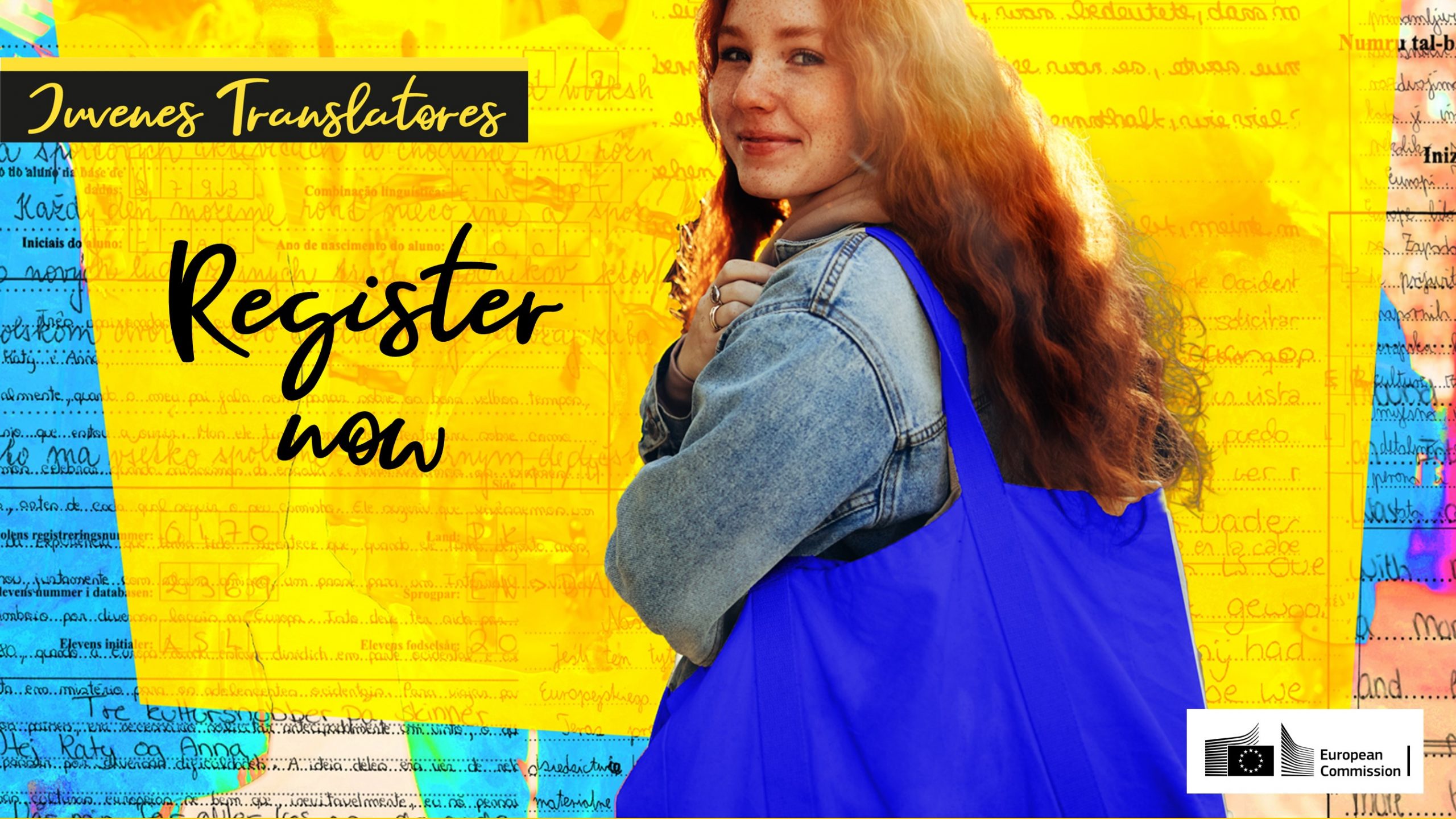In her State of the Union address on 14 September 2022, President of the European Commission Ursula von der Leyen outlined flagship initiatives which the Commission plans to undertake in the coming year. Many of them are made in response to recommendations citizens made through the Conference on the Future of Europe.
The initiatives among others include:
- Continuing to strongly support Ukraine and its people, including by mobilising the full power of the EU’s Single Market
- Putting in place measures to support Europeans in weathering the energy crisis
- Supporting the business environment, particularly small and medium enterprises, to strengthen Europe’s future competitiveness
- Cutting the EU’s dependency on Russian fossil fuels, and working closely with reliable suppliers
- Investing further in renewable energy and hydrogen in particular
- Leading globally on climate adaptation and protecting our nature
- Continuing to stand up for democracy, at home and across the world, and for the rule of law
Solving the problem of high energy prices and reducing bills for Europeans
Europe has already diversified its supply so as not to depend on Russia and turned to reliable suppliers. We are expanding renewable energy sources, and our gas supplies for this winter are at 84% tank capacity.
But now we need to do more to reduce our energy bills. For this purpose, we suggest the following:
- Reducing electricity consumption:EU member states should reduce their total demand for electricity by at least 10% and their peak demand by at least 5%.
- Determining the upper limit of income for lower costs of energy production:In times like these, profits must be shared and directed towards those who need it most. This will allow EU member states to collect and redirect revenue to those who need it.
- Solidary Contribution of Companies in the Fossil Fuel Sector:Companies in the oil, gas, coal and refinery sectors have also recently made huge gains. A temporary solidarity contribution for surplus profits achieved in 2022 would help EU member states to directly cushion the blow.
Key new initiatives for 2023
On 14 September, President of the European Commission Ursula von der Leyen also sent a Letter of Intent to Roberta Metsola, the President of the European Parliament, and Prime Minister Petr Fiala of Czech Republic, which currently holds the Presidency of the Council. In it she details the actions the Commission intends to take in the following year by means of legislation and other initiatives.
- 1. A European Green Deal
- Revision of EU’s internal electricity market rules
- Proposal to create EU Hydrogen Bank
- Revision of waste framework to reduce waste, including food waste, and the environmental impact of waste management
- Legislative proposal on plants produced by certain new genomic techniques
- Revision of animal welfare EU legislation
- A Europe fit for the digital age
- European critical raw materials act
- SME Relief Package, including Late Payment Directive
- Initiative on virtual worlds, such as metaverse
- Patent Licensing package
- Legislative proposal on the screening and registration of asbestos in buildings
- Proposal for European Year of Skills
- An economy that works for people
- Mid-term review of the Multiannual Financial Framework 2021-2027
- Economic Governance Review
- Legislative proposal on a second set of new own resources
- Legislative proposal on Business in Europe: a framework for income taxation ‘BEFIT’
- Data Access in financial services
- Legislative proposals on establishing the digital euro
- A stronger Europe in the world
- EU space strategy for security and defence
- New Agenda for Latin America and the Caribbean
- Update of the EU maritime security strategy
- Updating the human rights sanctions regime
- Promoting our European way of life
- A comprehensive approach to mental health
- Recognition of qualifications of third country nationals
- Legislative proposal on the digitalisation of travel documents and the facilitation of travel
- Revision of the combating child sexual abuse Directive
- Initiative on Cybersecurity Skills Academy
- A new push for European democracy
- Defence of democracy package, including an initiative on the protection of the EU democratic sphere from covert foreign influence
- Anti-corruption package
- Legislative proposal on a European disability card


